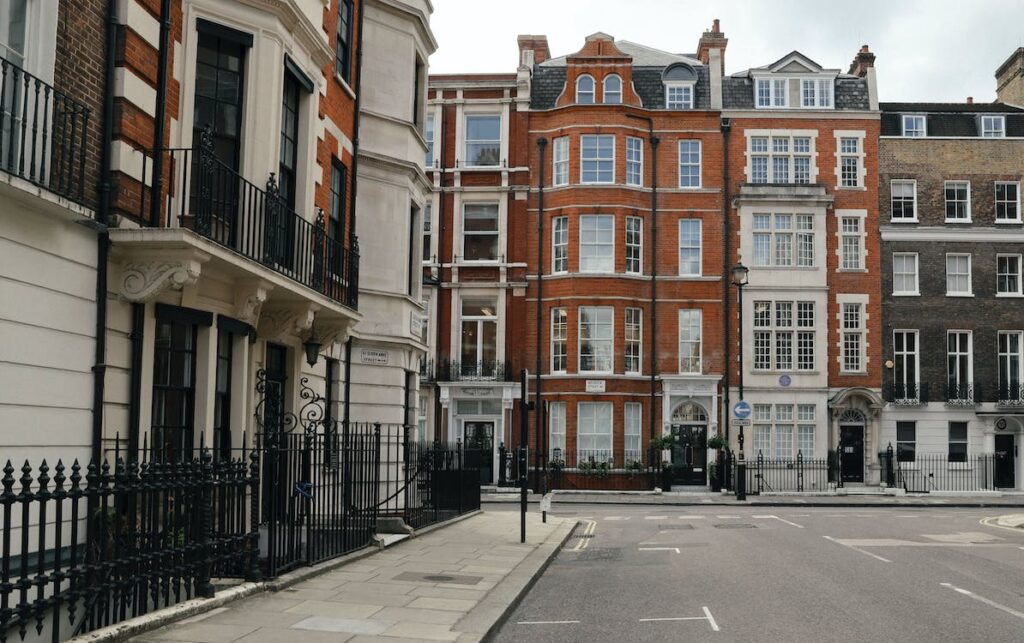
There is a heavy coating of dust on the windows of Jardine House in the eastern parts of London City, and it is interrupted with crude graffiti. A note scribbled on some tape and stuck to the door announces that security is now conducting patrols of the unoccupied building.
Owned by the Libyan Investment Authority, this once-bustling office building is now decaying, serving as a warning to affluent Russians. Since hundreds of Vladimir Putin’s associates have frozen their assets in Britain, their prime London property may suffer the same fate.
Since 2011, when Britain sanctioned Moammar Qaddafi’s dictatorship, Jardine House has been one of the numerous Libyan assets that have been “frozen.” The owner still needs UK clearance for even routine maintenance, which has proven difficult. Agents have been unable to fill the building due to its rundown appearance.
In 2022, Russia is experiencing something similar to what Libya did in 2011, although on a far larger scale. The number of frozen homes in and around London has increased dramatically since Putin’s violent invasion of Ukraine converted once-welcome billionaires into sanctioned pariahs. A report by Bloomberg News estimates their total worth at around $2.1 billion, or over £2 billion.
The actual number is far more significant.
Like Jardine House and other Libyan-owned buildings in Qaddafi’s last days, many of London’s most prestigious locations are now in a state of suspended animation. From the city’s second-largest private residence to a studio apartment in ritzy Holland Park, all types of structures need permission from HM Treasury before being sold or maintained.
This peculiar architectural phenomenon is the legacy of London’s decades-long standing as the destination of choice for plutocrats to park their riches in bricks and mortar, notably Russians in the 2000s and early 2010s, a legacy that governments are finally scrambling to eradicate. More generally, it warns international investors about the risks associated with investing in the prime UK property market, which has fallen significantly from its 2014 high point. There is no longer a place called “Londongrad,” after the nickname given to the city. For shoppers of this kind, Dubai is a more reliable option.
The London administration is so overwhelmed by the sheer size of the asset blocks that newly sanctioned owners need help getting authorization to continue paying for essential maintenance. Sanctions specialist and partner at Peters & Peters law firm Michael O’Kane said the Office of Financial Sanctions Implementation (OFSI) is “overworked and under-resourced.” Still, licenses are now beginning to trickle through as the OFSI embarks on a recruiting frenzy.
O’Kane chimes that if the value of a Russian homeowner’s property drops due to government delays in issuing licenses, the homeowner might sue the government. Jeremy Grey, managing director of James Andrew International, which contains a small number of dormant London properties held by Libya’s wealth fund, estimates that the country has lost more than £200 million on its increasingly dated London portfolio.
As the saying goes, “the lesson is it’s going to continue for a long time.”
It would behoove those Russians, believing this is a temporary inconvenience to review the history of sanctions that have followed movements like the Arab Spring. Grey said, “The lesson is that it will continue for a long time.” When I asked the government in 2011 about sanctions, I was told that the vast majority of the money they froze would never be released.






